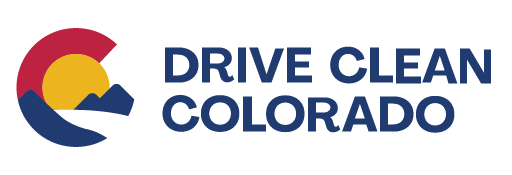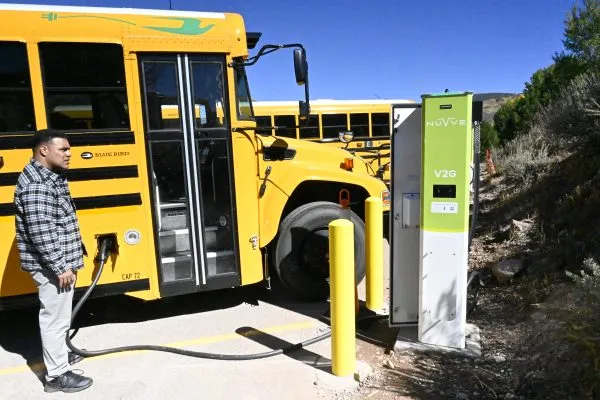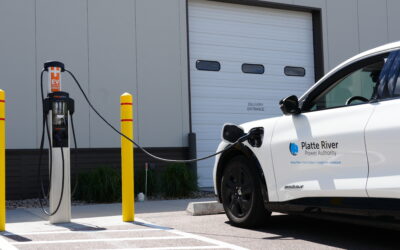Location: Aspen, CO
Fleet Type: School District
Narrative
Aspen School District (ASD) serves over 1,500 students across its five schools. In 2018, ASD began planning for the electrification of its fleet, consisting of 21 full-sized school buses. The school district applied to the ALT Fuels Colorado Program, funded by the Volkswagen Diesel Emissions Environmental Mitigation Trust, and received $1.36 million in funding for four electric school buses (ESBs) and four Level 3 chargers.
In March of 2023, ASD received its first two Blue Bird ESBs. The remaining two ESBs were added to the district fleet in October, rounding out its initial round of deployments. The school district’s ESBs serve one Aspen route, two Snowmass Village routes, and one highway route, averaging 84 miles daily.
ASD collaborated with RFTA, the region’s transportation authority, to learn more about its Battery Electric Bus Pilot Project and its experience deploying eight electric transit buses (read more about the pilot project here). The school district also worked closely with Holy Cross Energy, the region’s electric cooperative, to deploy its four Level 3 chargers. These four 60-kW chargers come with vehicle-to-grid capabilities – an avenue ASD looks to explore further in conjunction with Holy Cross Energy.
Outputs and Outcomes
ESBs offer several advantages over traditional diesel buses, including lower greenhouse gas emissions, reduced noise pollution, and decreased operating costs. The adoption of ESBs also supports the broader efforts to improve air quality in the region and to bolster grid resiliency.
In addition to the environmental and economic benefits, ESBs can provide educational benefits. Reghan Mahaffey, ASD’s Director of Transportation, noted that the kids love the new buses. The ESBs can be educational tools for students to learn more about clean energy technologies or enhance their interest in STEM fields. Reghan also mentioned that with the ESBs being much quieter than traditional diesel buses, it has been easier for drivers and attendants to monitor student behavior.
Best Practices & Lessons Learned
 The district emphasized the significance of collaborating closely with key stakeholders to ensure a comprehensive approach to sustainable transportation. In addition to fostering these collaborations, the district focused on developing a robust plan for charging infrastructure, considering the specific needs of different school routes and locations. These discussions were pivotal in addressing essential aspects such as project costs, exploring available funding opportunities, evaluating vehicle and charger options, and accommodating specific parking requirements.
The district emphasized the significance of collaborating closely with key stakeholders to ensure a comprehensive approach to sustainable transportation. In addition to fostering these collaborations, the district focused on developing a robust plan for charging infrastructure, considering the specific needs of different school routes and locations. These discussions were pivotal in addressing essential aspects such as project costs, exploring available funding opportunities, evaluating vehicle and charger options, and accommodating specific parking requirements.
Given that ASD’s buses are relatively new, the district anticipates gaining invaluable insights from operating these buses over an entire school year. This experience will not only provide essential data on energy consumption and operational efficiency but also inform future decisions, contributing to a cleaner and more streamlined transportation system for the benefit of both students and the community.







